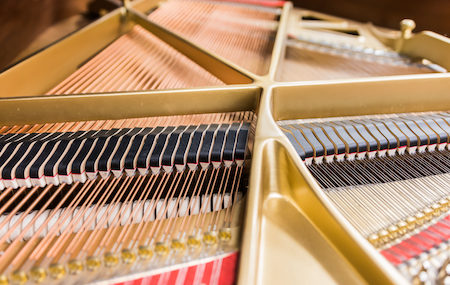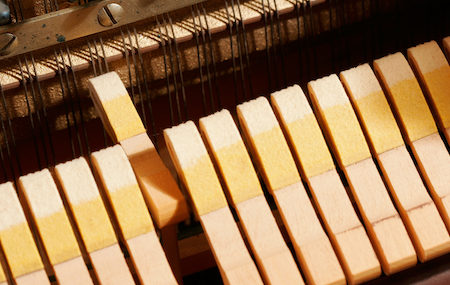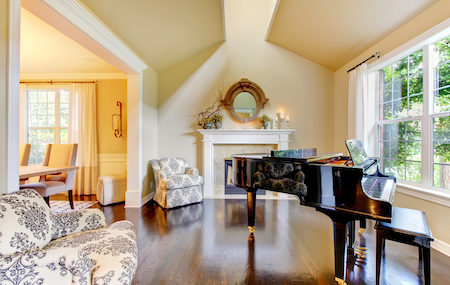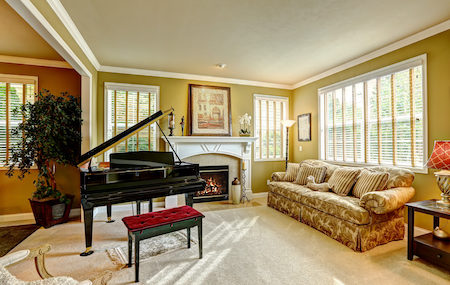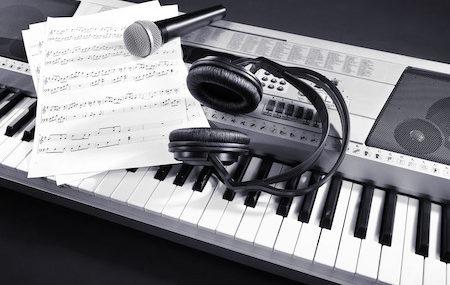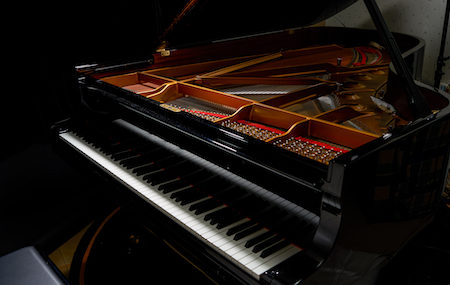The piano is one of the most iconic instruments in the world. It has been a mainstay in classical music for centuries and has been used in countless genres of music since its inception. However, not all pianos are created equal. Some piano brands are known for their exceptional sound quality, while others are notorious for their lackluster performance. So what makes some piano brands better than others? Let’s take a closer look.
Craftsmanship
One of the primary factors differentiating good piano brands from bad ones is craftsmanship. High-end piano manufacturers typically use the best quality materials and employ skilled artisans to ensure that each instrument is built to the highest standards. The best piano makers take pride in their craft and are willing to invest the time and resources necessary to create the perfect instrument.
Sound Quality
Another key factor in determining the quality of a piano is sound quality. The best piano brands produce instruments with exceptional sound quality, offering a range of tonal colors that can be tailored to the player’s needs. The best pianos are known for their precision and well-defined sound across the entire musical range.
Brand Reputation
Brand reputation is also an important consideration when choosing a piano. The most reputable brands have a long history of producing high-quality instruments, and they are known for their exceptional craftsmanship and sound quality. These brands typically have a loyal following of musicians who swear by their instruments, and they are often the go-to choice for professionals in the industry.
Innovation
Top manufacturers are constantly pushing the boundaries of what is possible with the piano, introducing new technologies and features that improve performance and sound quality. Some of the latest innovations in piano design include hybrid models that combine the sound of a traditional piano with the convenience of digital technology.
Price
While high-end pianos can be expensive, they are often worth the investment for serious musicians who demand the best quality and sound. However, there are also many affordable piano brands that offer good quality instruments for beginners and hobbyists.
So, what makes some piano brands better than others? The answer is combines craftsmanship, sound quality, brand reputation, innovation, and price.
High-end piano manufacturers invest heavily in each of these areas to create instruments that are not only beautiful but also produce exceptional sound quality. While there are many piano brands to choose from, those with a reputation for excellence are often the best choice for serious musicians who demand the best possible performance from their instruments.
How can we help you find the right piano brand to suit your needs?

